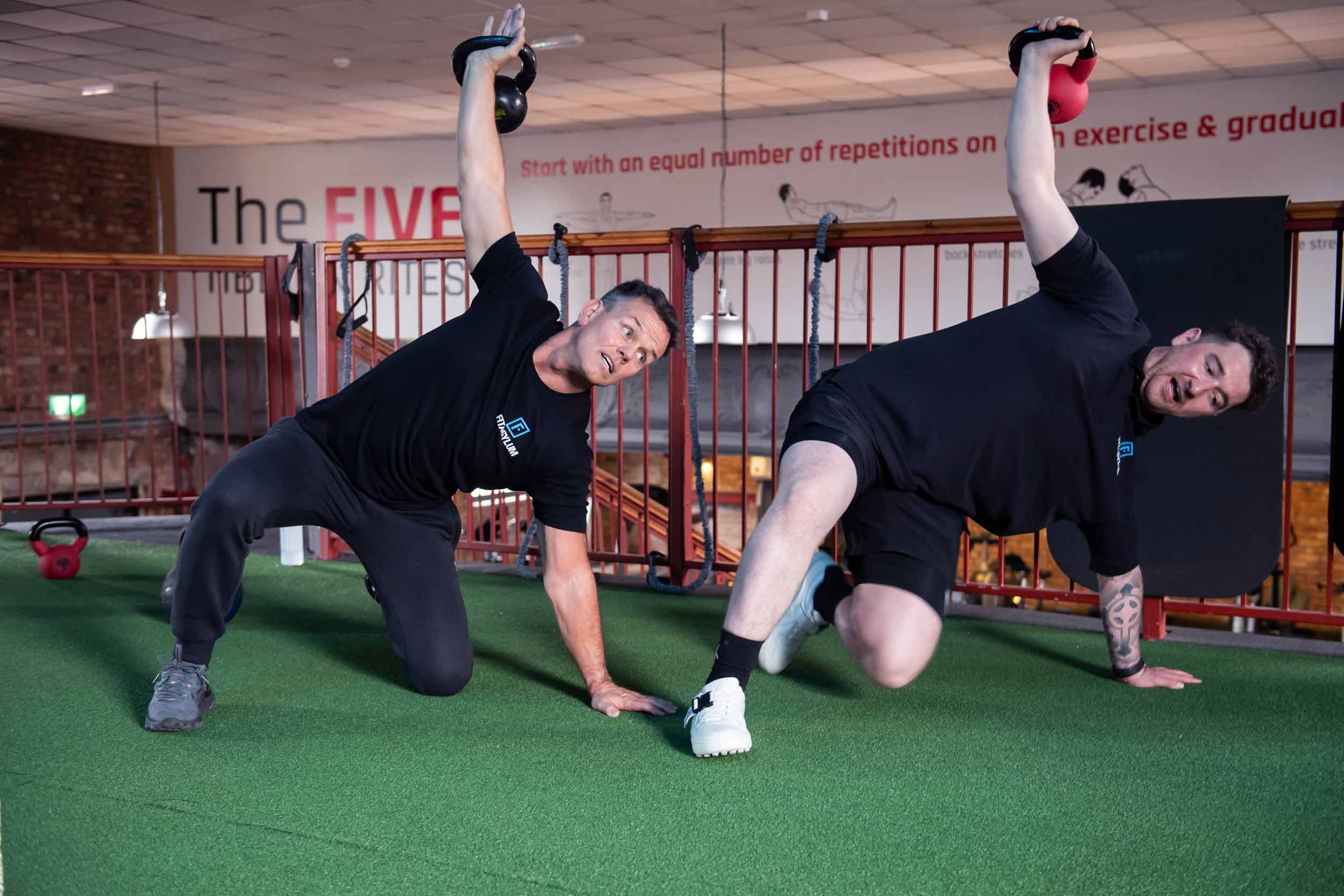What Does a Personal Trainer Do?
If you’re passionate about fitness and considering a career as a personal trainer, you might be wondering: “What does a personal trainer do, and where can this path take me?” The fitness industry is thriving, and opportunities for personal trainers (PTs) are more diverse and rewarding than ever. Let’s dive into the world of PT jobs, explore career paths, and uncover how you can make a difference while building a successful career.
How many PTs are in the UK
What is the job market like for a personal trainer?
What’s the Industry Like for Female Personal Trainers?
So, What Does a Personal Trainer Do?
At its core, a personal trainer’s role is to guide clients towards their fitness goals, but it’s so much more than counting reps. Here’s what a personal trainer typically does:
Assess Fitness Levels: Conduct fitness tests to understand a client’s starting point.
Design Tailored Programs: Create customised training plans that align with individual goals, such as weight loss, muscle gain, or improving overall health.
Provide Coaching and Motivation: Keep clients engaged, accountable, and motivated to push past mental and physical barriers.
Monitor Progress: Track performance, adjust programs as needed, and celebrate client milestones.
Educate Clients: Teach proper exercise techniques to prevent injuries and maximise results.
But that’s just scratching the surface. PT jobs can extend far beyond what we’ve just mentioned. A Personal Trainer can change a person’s life and their emotional outlook on life! What an amazing thing to be a part of!
Career Opportunities for Personal Trainers
The fitness industry offers a variety of paths for personal trainers, depending on your interests and goals. Here are some exciting PT job opportunities:
The fitness industry offers a variety of paths for personal trainers, depending on your interests and goals. Here are some exciting PT job opportunities:
Gym-Based Personal Trainer
Most PTs work for a commercial gym or boutique studio, which gives you access to gym equipment and space to train your client in. You may be employed or work on a rent-a-space basis, keeping your earnings but covering overheads.
Freelance Personal Trainer
Be your own boss by setting your schedule, rates, and preferred locations. Freelancers often meet clients in homes, local parks, or rented gym spaces, enjoying the flexibility to set their own rates and work hours.
Online Fitness Coach
Leverage technology to reach clients nationally or even globally. From virtual workout plans to live training sessions and subscription-based services, online coaching can offer unlimited growth potential.
Corporate Wellness Coach
Collaborate with businesses to improve employee health. You might deliver workshops, run fitness classes, or create wellness initiatives, blending fitness expertise with organisational impact.
Sports Performance Coach
Specialise in enhancing athletic performance by designing training regimens tailored to specific sports. As a Sports Performance Coach, you’ll work with athletes to improve strength, agility, and endurance, often collaborating with teams or individual clients aiming for peak performance.Specialist Trainer
Focus on niche areas like rehabilitation, post-natal fitness, or senior wellness. These roles require additional expertise and certifications but can lead to higher fees and a distinct client base.
Group Fitness Instructor
Lead energetic classes such as HIIT, spin, or yoga. Group fitness roles are great for trainers who thrive in social settings and enjoy connecting with multiple clients at once.
Fitness Educator or Mentor
Share your expertise by teaching aspiring trainers or guiding newcomers to the industry. Many educators also develop course materials or offer one-on-one mentorship programs.
What Skills Do PT Jobs Require?
To thrive in the personal training industry, you’ll need a combination of qualifications, technical expertise and soft skills, but all successful PTs need to have:
Technical Knowledge
Communication Skills
Adaptability
A Business Mindset
A Passion for Fitness
How to Get Started in Personal Training
Launching a career as a personal trainer in this day and age is hard. There are so many PT’s out there, and the competition can be fierce, but it’s not impossible to get started. It begins with the right qualifications and mindset. After that, it’s about gaining experience, networking and building your brand.
Want to get started as a Personal Trainer?
👉 Check out our step-by-step guide here!
Frequently Asked Questions
-
Growth in Fitness Instructor Roles: The number of fitness instructors, including personal trainers, experienced significant growth up to 2019, increasing from approximately 28,000 jobs in 2011 to around 70,000 in 2019.
-
The job market for personal trainers in the UK is thriving, driven by increasing awareness of health and fitness. Opportunities exist across gyms, corporate wellness programs, freelancing, and online coaching, with niche areas like rehabilitation and sports performance in high demand.
While competition can be intense, especially in urban areas, adaptable trainers who market themselves effectively and build loyal client bases can achieve significant success. Entry-level trainers typically earn £15–£25 per hour, with experienced professionals charging £50+ or more.
With flexibility, growth potential, and diverse career paths, personal training offers a rewarding and dynamic career in a growing industry.
-
The fitness industry in the UK is evolving, with female personal trainers making up an impressive 40% of the workforce, according to CIMSPA. This growing diversity is shaping a more inclusive sector, with female trainers bringing unique perspectives that resonate deeply with clients. Many women seek trainers who understand their specific needs, especially in areas like pre- and post-natal fitness. Despite lingering gender stereotypes, the rising demand for female trainers signals exciting opportunities and a progressive shift in the fitness world.
-
Start-up PT’s employed by a gym or leisure centre, typically earn £16,000 to £22,000 per year as a starting salary. Experienced PTs can earn £25,000 to £35,000+ per year, depending on their role and location.



